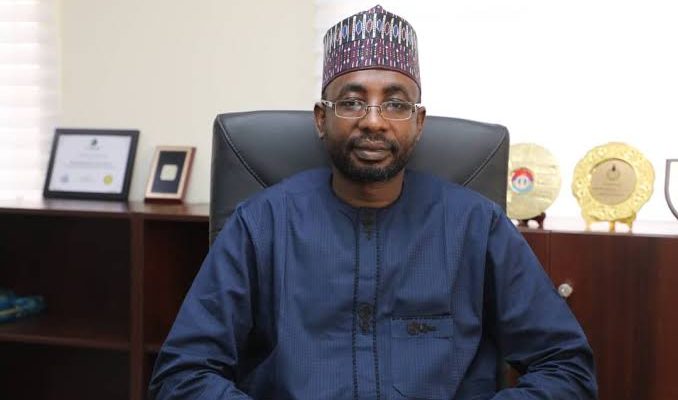Nigeria is making a decisive push to localize its digital infrastructure by partnering with global technology giants to build hyperscale data centers within its borders. The move, announced by the National Information Technology Development Agency (NITDA), signals a turning point in the country’s pursuit of digital sovereignty and economic diversification.
For years, Nigeria’s data has been stored on servers outside the continent, largely managed by international cloud providers. This arrangement has raised concerns about security, sovereignty, and the economic value lost when data leaves the country.
NITDA says its “Cloud First” strategy aims to reverse this dependence by creating a robust local infrastructure for data hosting and processing. Hyperscale data centers—massive facilities capable of handling vast amounts of digital information—are at the heart of the plan.
“Control over our data is not just a technical necessity; it is a national imperative,” NITDA’s Director General Kashifu Inuwa stated during a recent policy address.
Building With Big Tech
The initiative will not be a solo effort. Nigeria is working with global cloud providers, including industry leaders from the United States, Europe, and Asia. The government has already set up a technical working group involving major firms such as Google, Microsoft, Amazon Web Services, and Huawei, alongside local regulators.
These collaborations are expected to bring in investment, expertise, and advanced technologies while laying the groundwork for local talent development. NITDA has also begun drafting regulations around data classification, ensuring that sensitive national data remains within Nigeria’s borders.
Industry observers believe that the presence of hyperscale facilities will transform the local tech landscape. Businesses could gain faster, more reliable cloud services, while startups and developers would have access to infrastructure that previously required expensive foreign hosting.
Analysts argue this could also strengthen Nigeria’s bid to position itself as West Africa’s leading digital hub, creating jobs in engineering, cybersecurity, and artificial intelligence. “When infrastructure comes closer to the people, innovation accelerates,” said one Lagos-based cloud consultant.
Why It Matters
The broader goal is to embed data infrastructure into Nigeria’s economic diversification agenda. With oil revenues under pressure, the digital economy is increasingly viewed as a pillar for growth. Data centers, NITDA argues, will not only serve Nigeria but could also attract clients from across Africa, anchoring the region’s cloud ecosystem.
Yet questions remain. Will Nigeria be able to maintain regulatory control when partnering with global tech firms that already dominate the digital economy? And can local players compete or collaborate effectively in an environment increasingly shaped by foreign investment?
NITDA’s roadmap extends beyond infrastructure. The agency is also working on AI standards, ethical guidelines, and new regulations to tackle online harms—policies designed to complement the data center push.
For now, Nigeria’s message is clear: the country intends to shape its digital destiny from within. If successful, the partnership with Big Tech could move Nigeria from being a consumer of cloud services to a continental leader in digital infrastructure.
Talking Points
On one hand, startups could benefit massively from cheaper, faster hosting infrastructure right at home. On the other, the very same global players might undercut local data companies, making it nearly impossible for indigenous tech firms to compete.
Will Nigeria’s startup ecosystem thrive—or get swallowed whole?
Let’s call it what it is: digital colonialism. Africa provides the land, the market, and the raw material (our data), while foreign firms bring the “expertise” and “investment.”
Unless Nigeria insists on joint ownership models, tech transfer, and strong local content policies, we are building monuments to a new kind of colonialism—in server racks and cloud facilities.
Officials promise jobs in AI, cybersecurity, and engineering.
But how many of these will actually go to Nigerians, and how many will be outsourced or automated? Without deliberate policies to build local skills, hyperscale centers could become shiny fortresses that provide electricity to foreign algorithms while Nigerians watch from the outside.





